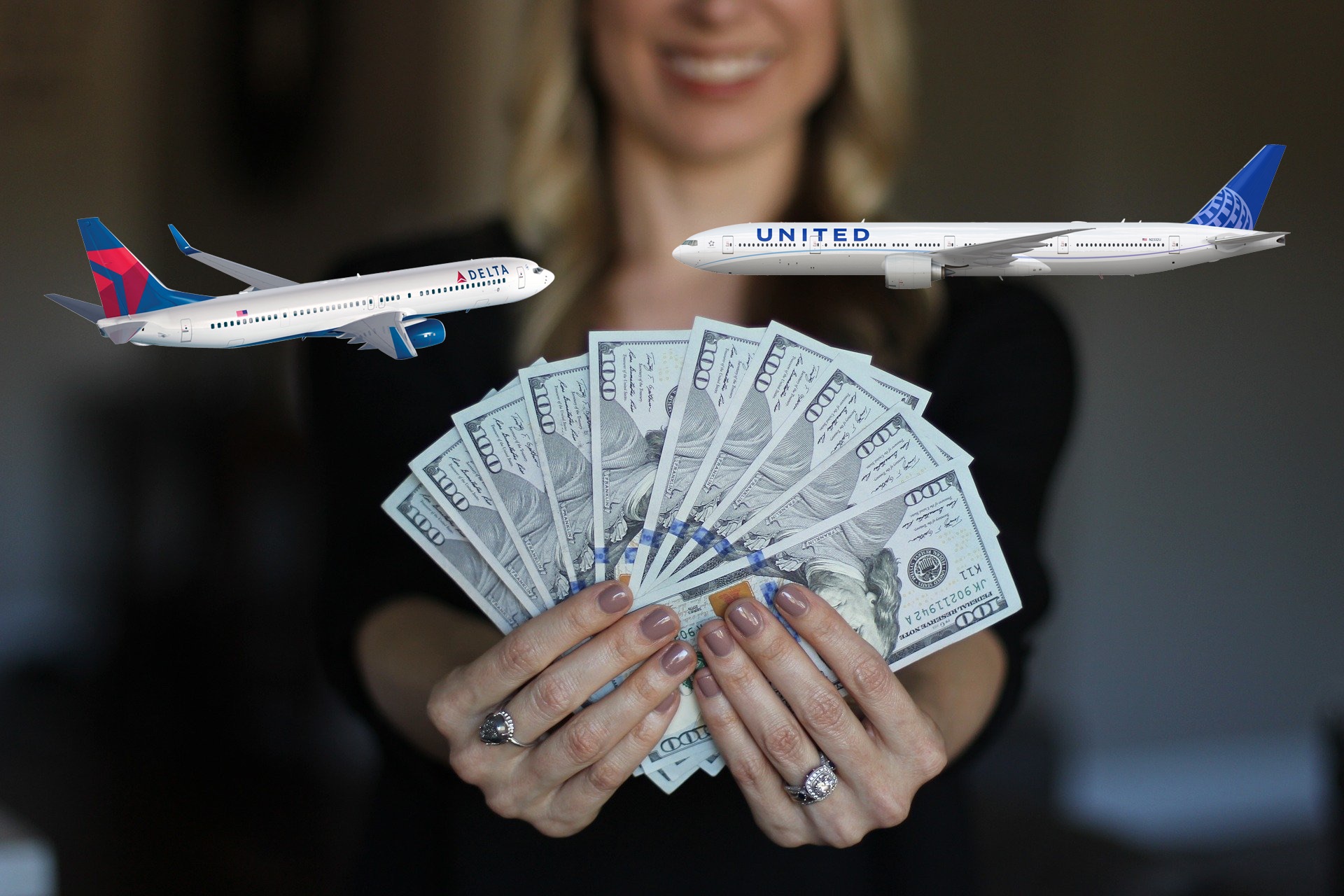
United Airlines held a town hall meeting with its employees earlier this week featuring a Q&A session with CEO Scott Kirby, President Brett Hart, and EVP Kate Gebo. While each question and answer is an article in itself, one particular question on contrasting Delta and United separation packages caught my attention.
While the CARES Act prohibits airlines from cutting employees before October 1st, U.S. airlines are still trying to incentivize many workers to voluntary quit. Some airlines are offering more lucrative exit packages than others.
A United employee posed the following question:
"Given that all airlines are in similar financial constraints, why is Delta able to offer a richer enhanced retirement and voluntary separation program with cash severance payments based on years of service?"
Gebo, who is Executive Vice President of Human Resources and Labor Relations, answered the question.
"When you think about coronavirus, it affected all the airlines in the same way. It really hit us with demand. But, where we all started from with this virus was very different. Delta and Southwest, also just recently offered a program that had a serious large cash component to it. But they both had much higher profit margins last year than we did. They both started with stronger balance sheets than we did. So that gives them a bit of an advantage to be able to offer these types of cash severance payments.
"Additionally, Delta reduced the number of hours for the vast majority of their team before the CARES Act was put in place. So they've got that extra money they can dedicate to this program. Every time a new program comes out I look at it and I say, should we be looking at this too? We're trying to fashion our program to people who are thinking about retiring now, to give them that little extra something that can help them get to retirement in a way that works for them. Large cash severance payments are not something we're in a position to do right now. A year of continued pay in this environment is just not something that we can do at this time."
If I can sum it up:
And fair enough, right? Delta and Southwest were in stronger positions before COVID-19 and remain in stronger positions. Both do have extra cash on hand. Delta may be offering more generous packages to flight attendants as another incentive to prevent them from unionizing.
Delta did indeed cut the hours of most workers in March. This was a smart move, at least business-wise. For all the talk about Scott Kirby being the most blunt and most direct about the devastating effects of the pandemic, Delta moved more quickly in cutting hours and forcing employees to make a shared sacrifice. United's more senior unionized flight attendants have made abundantly clear they will not make any sacrifices for more junior hires.
United is not offering employees as attractive an exit package as Delta or Southwest because it says it cannot afford it. That's blunt and probably factual, but at the same time it should be no wonder why Delta and Southwest may do a much better job at avoiding involuntary furloughs and the pain and labor agitation that accompany them.